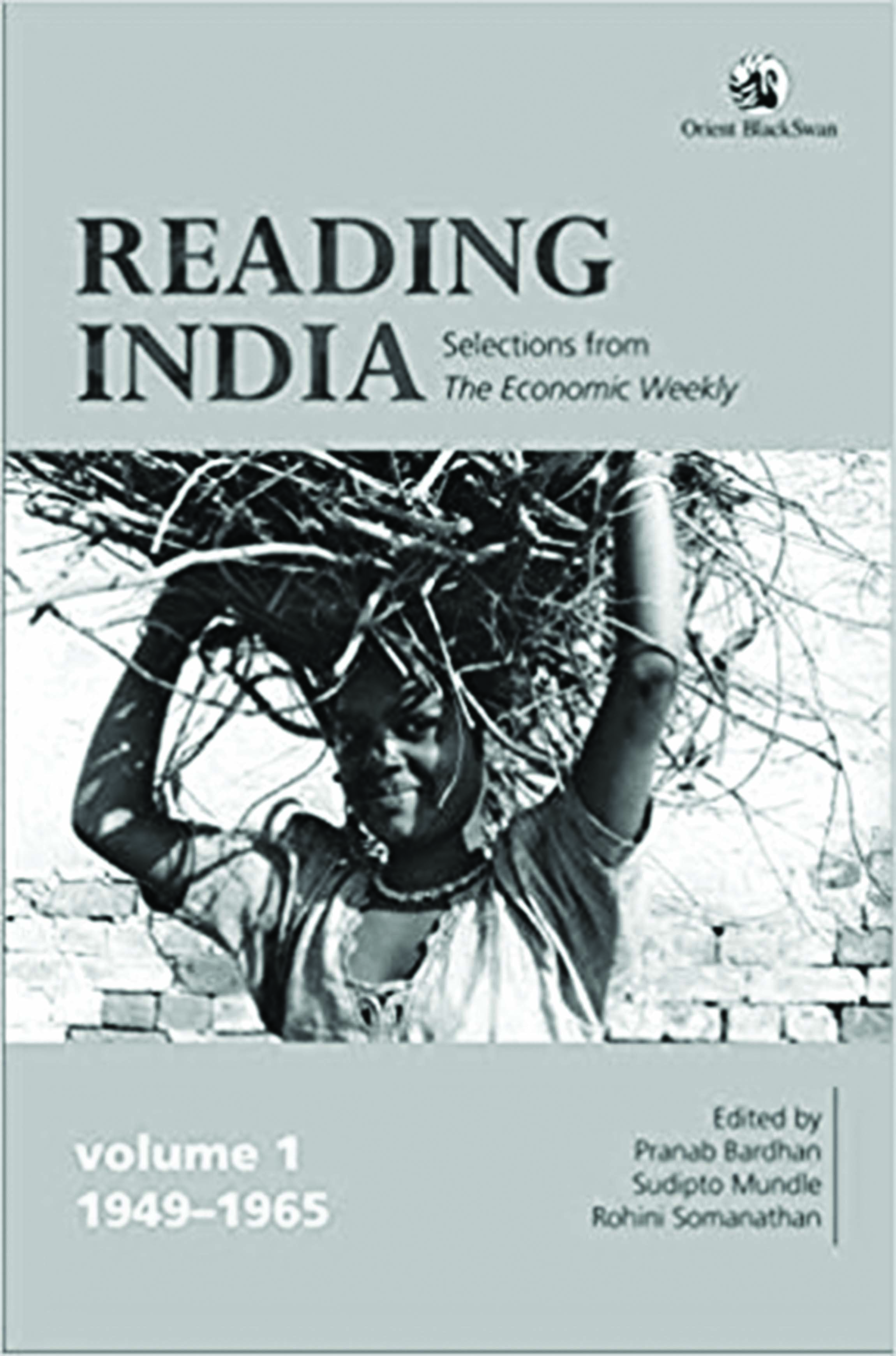As our Republic turns 70, there is a distinct anti-intellectual wind blowing in the air, by which I mean not merely a certain wariness often bordering on suspicion of ideas but outright disrespect for ideas that are not popular. Ideas that question or point to flaws in the majoritarian sentiment are not only aggressively rebuked, but the credentials of the person espousing them are questioned. In distinct contrast to this acrid climate, there was once a more nourishing environment for ideas and debate immediately after the inauguration of the Republic.
The early years of our Republic were our own ‘world of ideas’, marked by enormous confidence in the power of knowledge. Social sciences were supposed to help understand the country and its people better and provide valuable inputs to the processes of achieving the goals of national development. It was an era when democratic norms and principles were genuinely respected and not evoked merely in lip-service rhetoric. Independent thinking, free discussion of ideas, debate, and openness to difference were seen as vital bulwarks of democracy. It was hoped that airing differences and space for questions from all sides of the aisle allowed for the renewal of thought.

